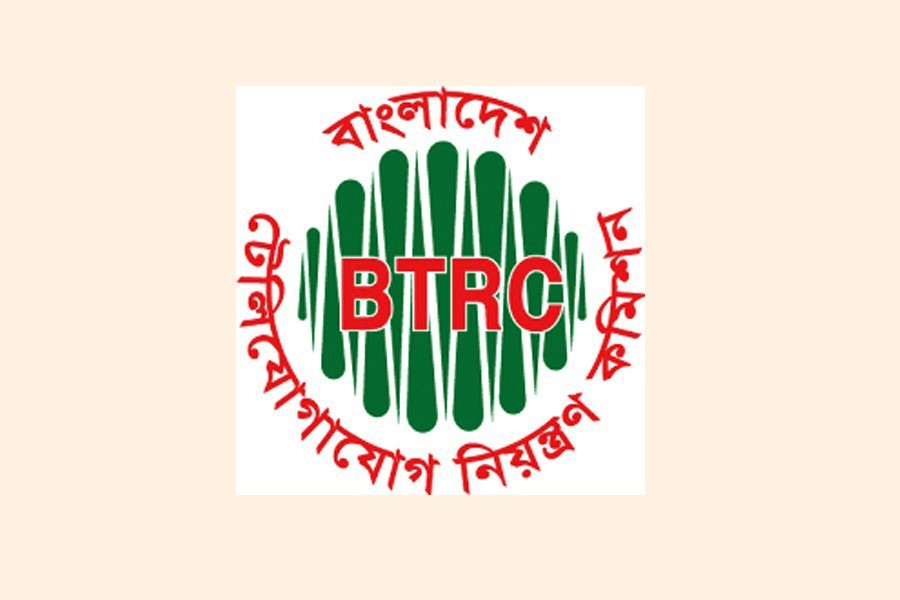
Published :
Updated :

The telecom regulator has asked all Internet service providers to make available 'parental guidance' features at the users' end to limit the children's access to Internet.
The Bangladesh Telecommunication Regulatory Authority (BTRC) recently issued a directive asking the Internet service providers (ISPs), Internet Protocol Telephony Service Providers (ITPSPs), Broadband Wireless Access (BWA) and mobile operators to introduce such an access control system within 15 days.
The system should enable parents to block websites, block chat rooms, block services like instant messaging, filter out images and videos, view user activity, get alerts if someone tries to change the settings, managing setting options and set time limits for Internet use, the BTRC said.
The ISPs were also asked to report to the legal and licensing division of BTRC after implementing the directive.
Asked for comment, President of Internet Service Providers Association of Bangladesh (ISPAB) MA Hakim welcomed the move.
As the Internet service is now easily available and affordable, online safety for young users has become a priority concern, he said.
There are many adult sites, dark webs, harmful video games, terrorist contents on the Internet, he said, adding that children should not have access to them.
"Parents should have control on what young users would watch on Internet," he said.
He also said all members of the association would comply with the government decision on the issue of parental guidance.
However, not all ISPAB members have received the directive as yet, he added.
According to a UNICEF Bangladesh survey on children's online safety in Bangladesh, about 25 per cent of children (aged 10-17) started to access the digital world before they were 11.
Besides, a large majority -- 63 per cent -- of the children use their own room as the primary Internet usage point. This indicates the prevalence of "bedroom culture" which allows less supervised Internet use, said the survey.
The study also showed that around 32 per cent of the children, aged between 10 and 17 years, face bullying, violence and harassment online.
bdsmile@gmail.com


 For all latest news, follow The Financial Express Google News channel.
For all latest news, follow The Financial Express Google News channel.